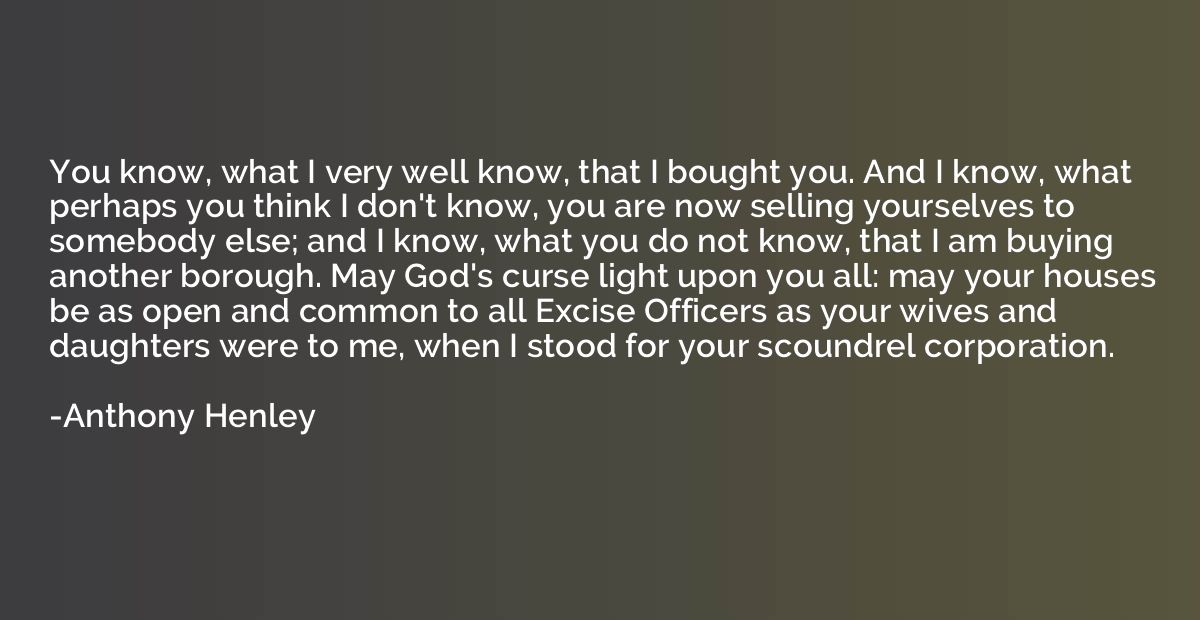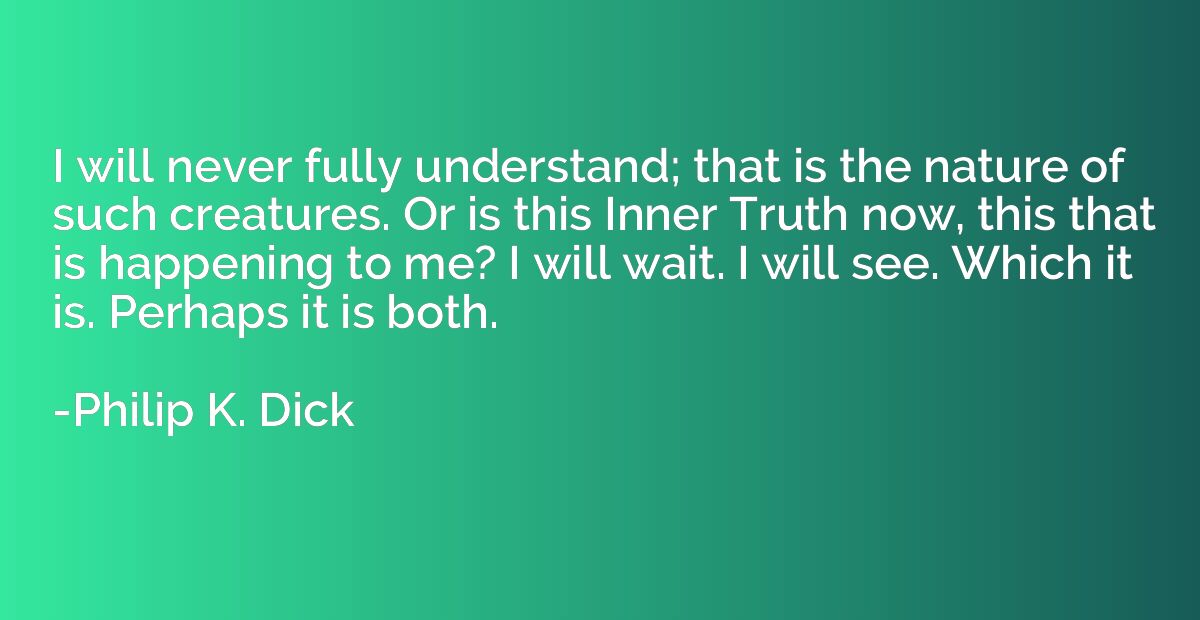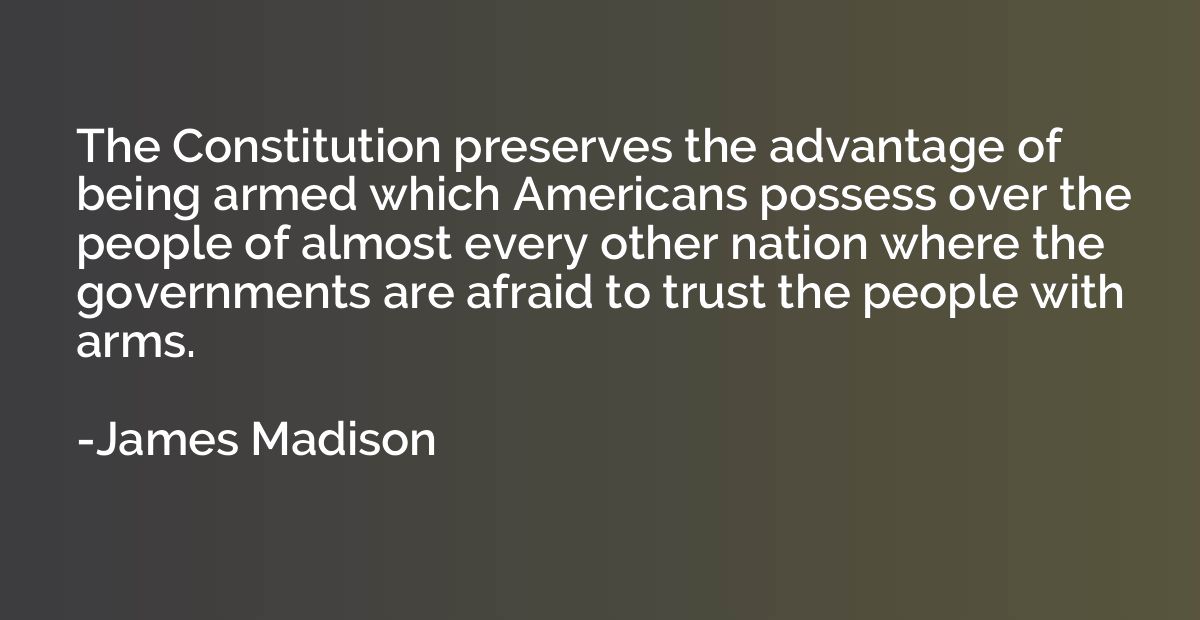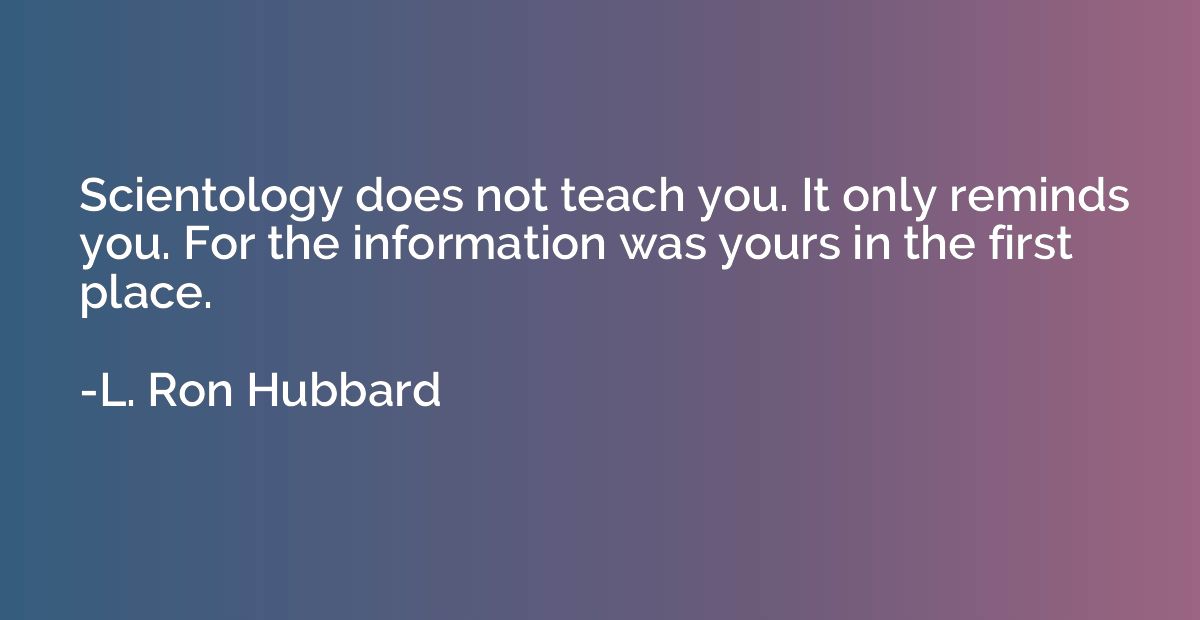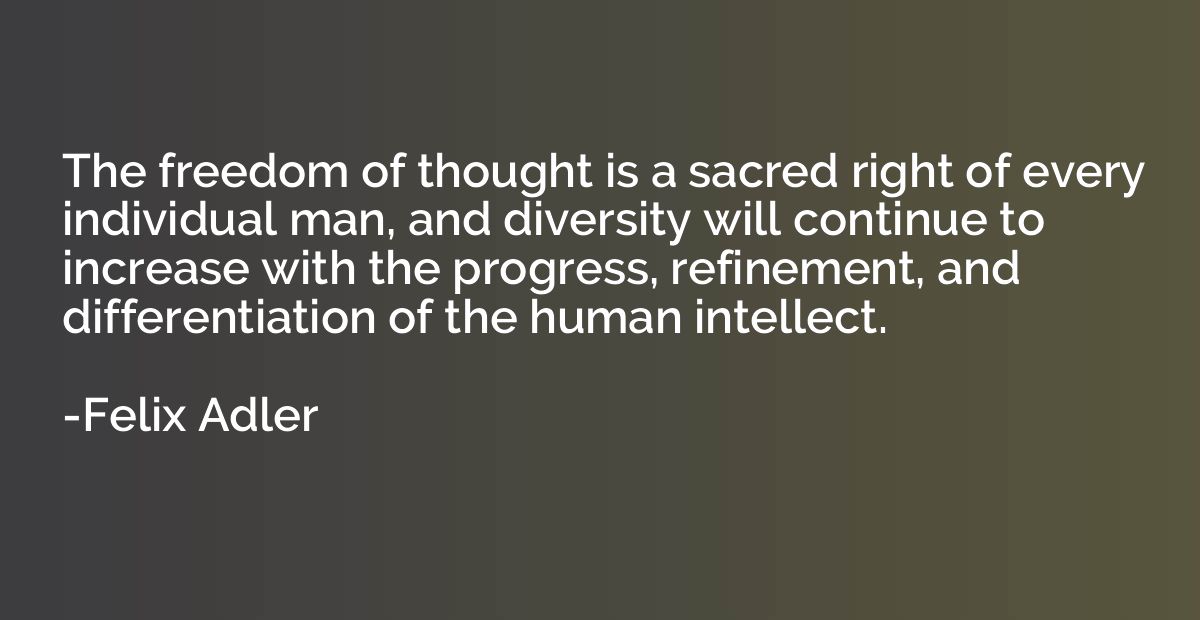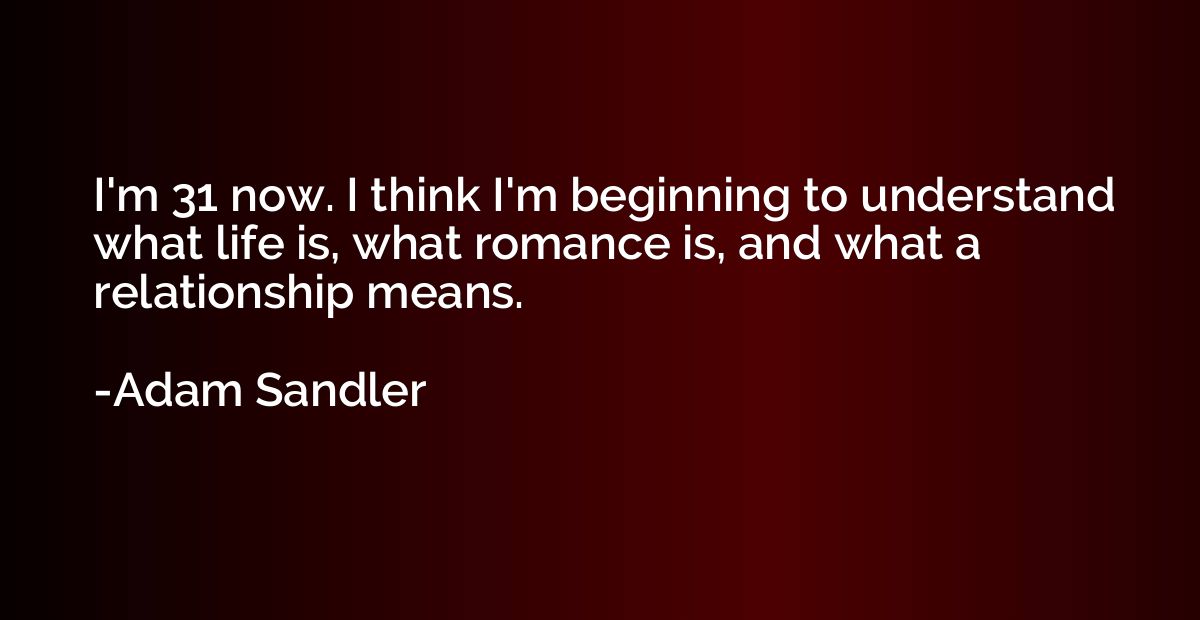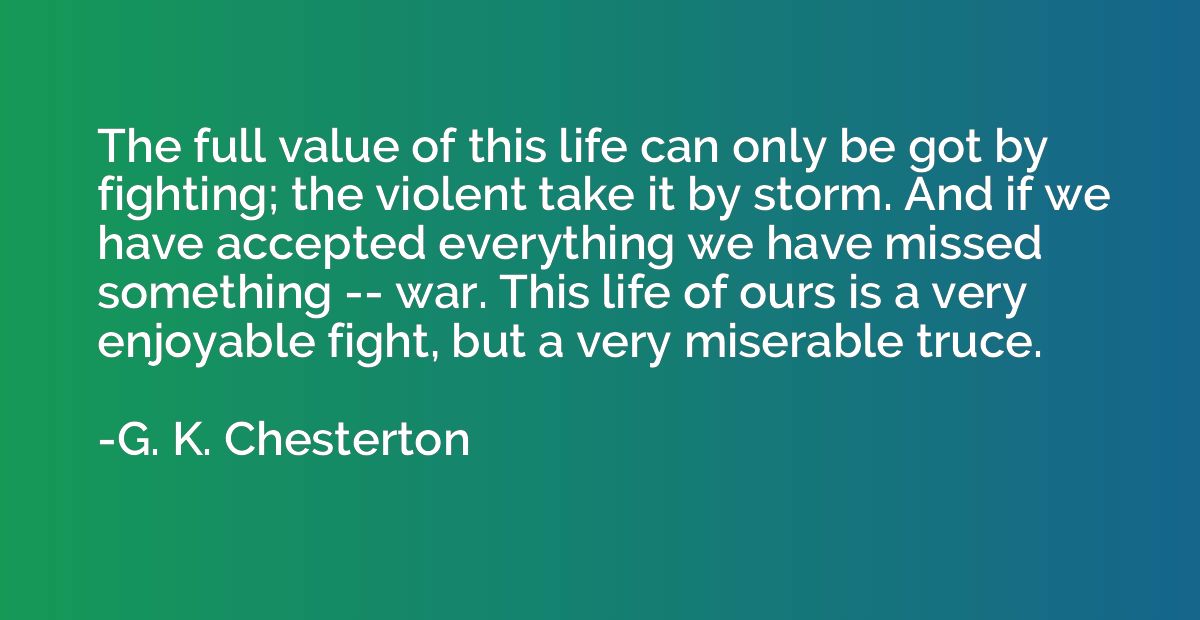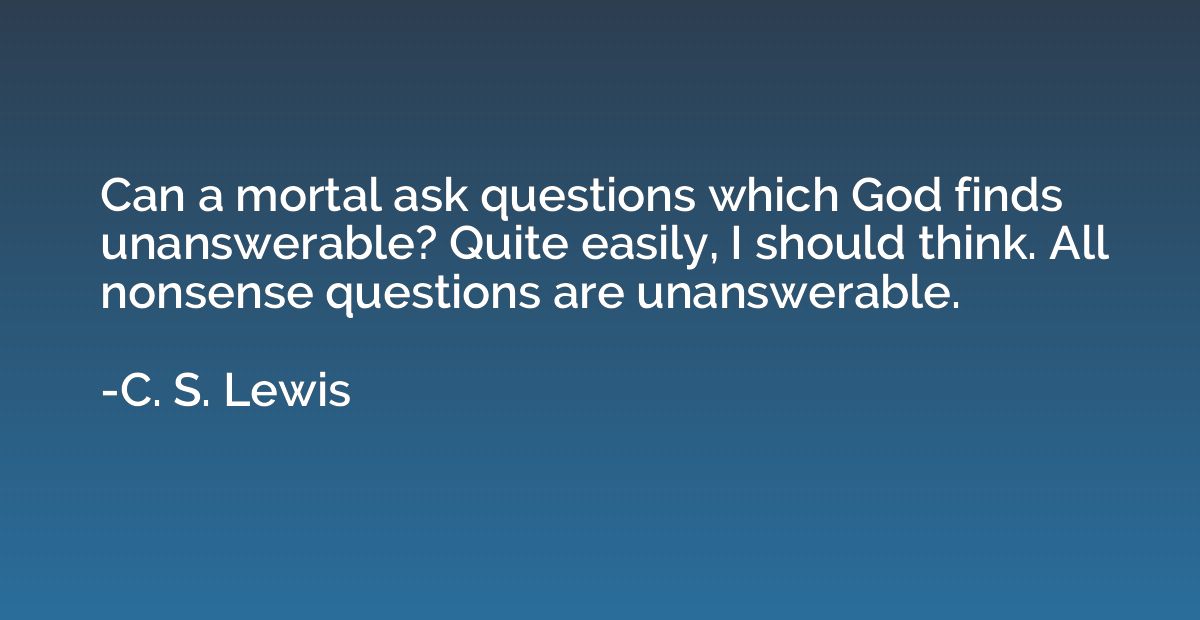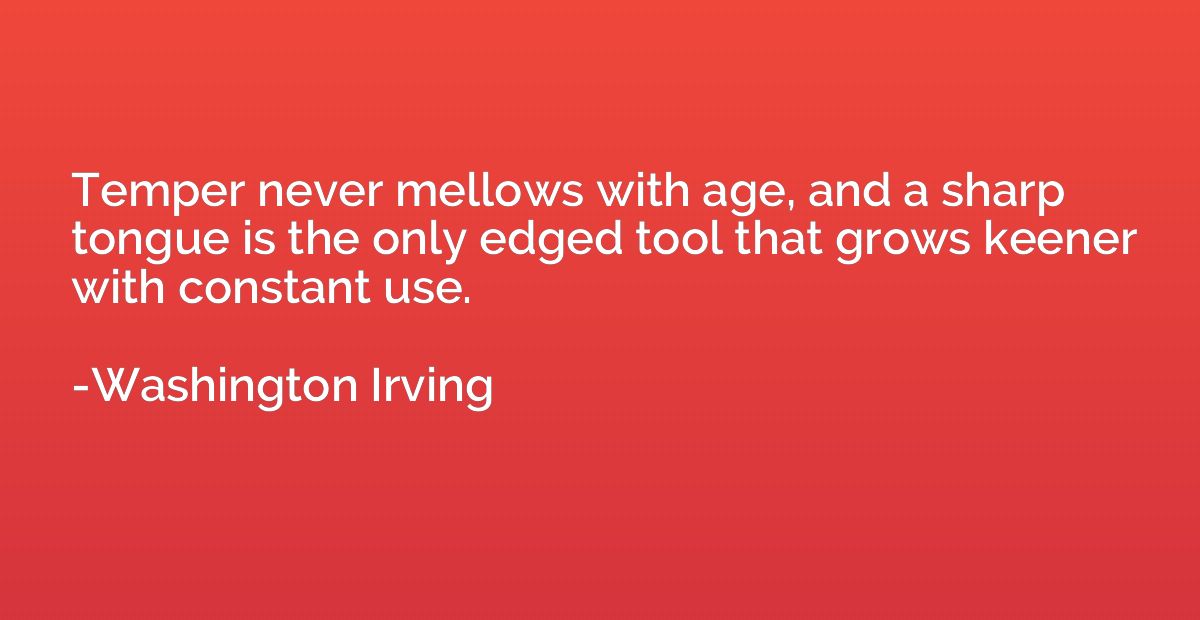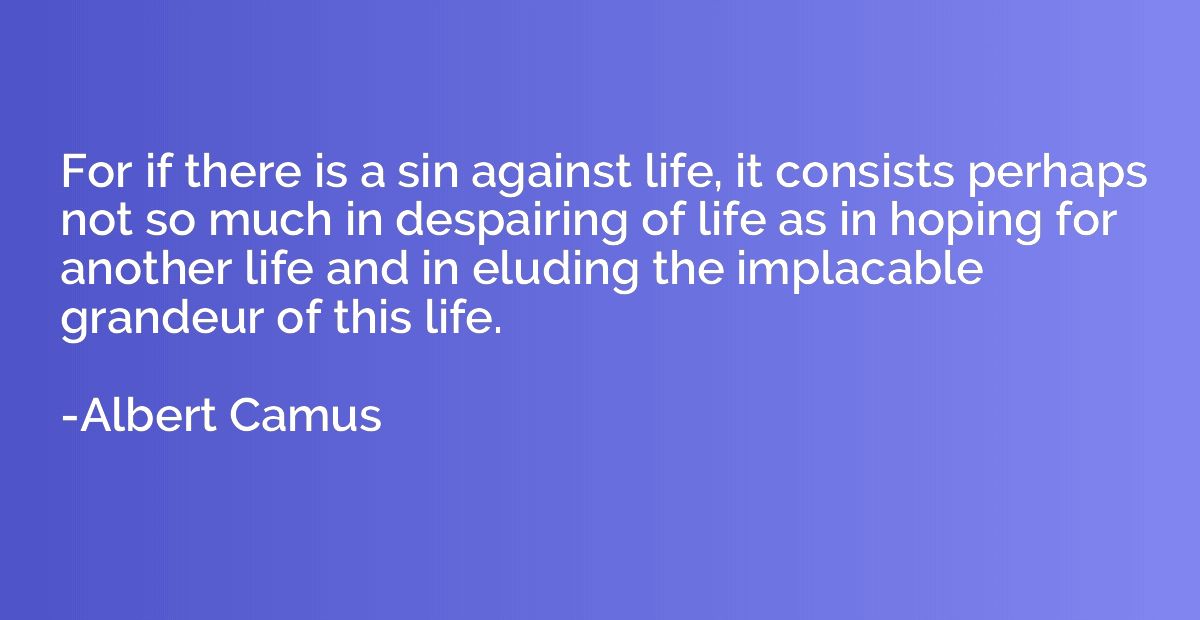Quote by George Bernard Shaw
Do not do unto others as you would that they should do unto you. Their tastes may not be the same.
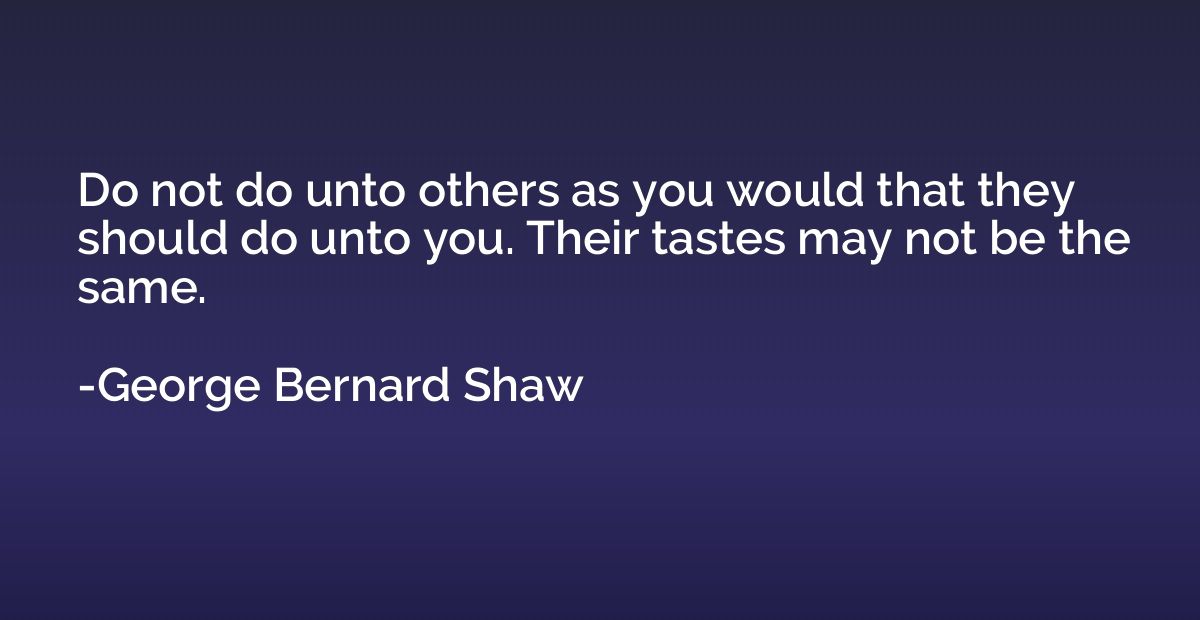
Summary
This quote suggests that we should not treat others based on our own preferences and desires, but rather consider that everyone has different tastes and preferences. It emphasizes the importance of empathy and recognizing that what might be suitable and pleasing for us may not necessarily be the same for others. By understanding and respecting individual differences, we can foster better relationships and avoid imposing our own preferences onto others.



